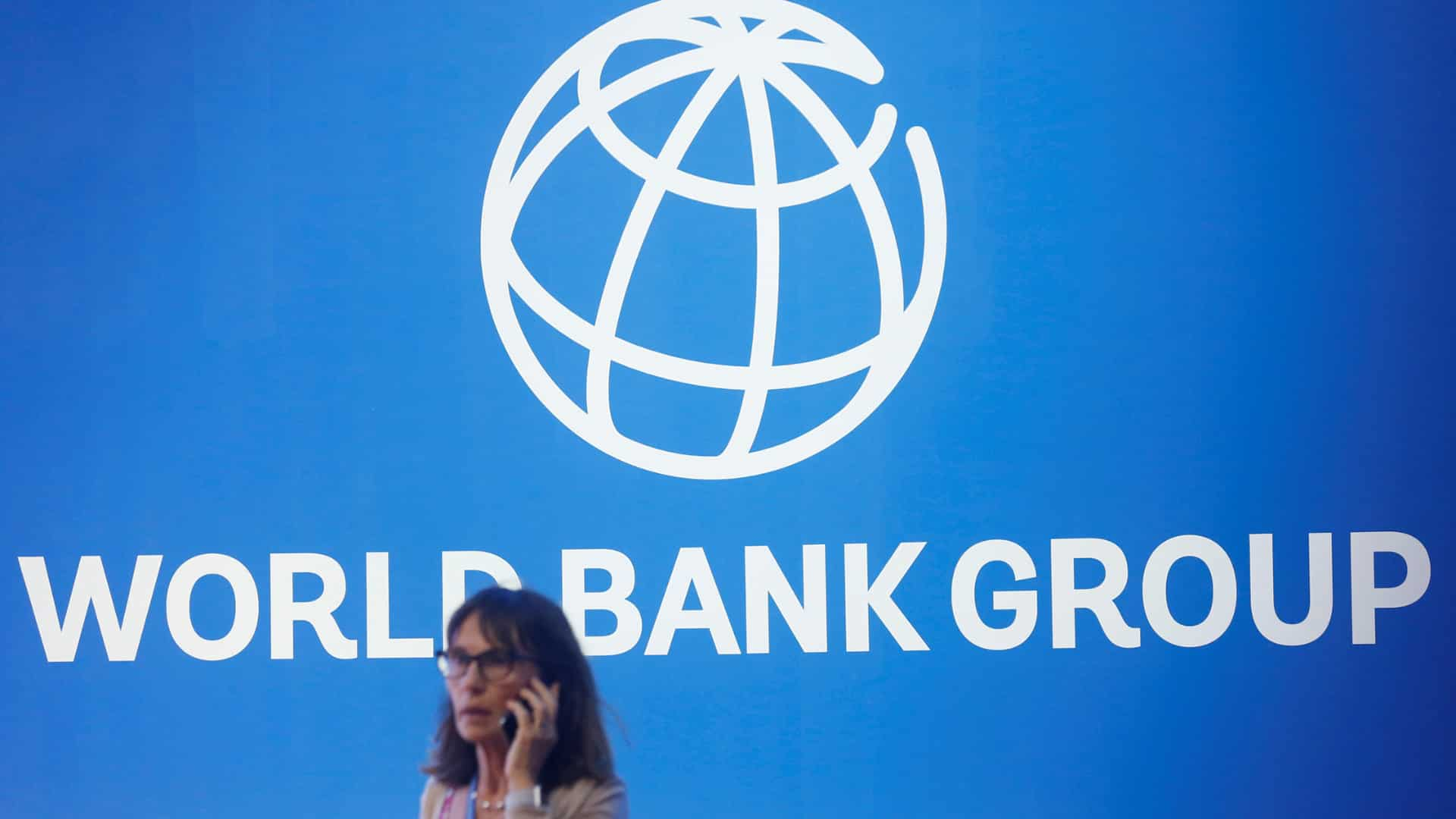World Bank Group’s Comprehensive Development Program Framework
The World Bank Group has introduced a new comprehensive framework aimed at measuring the effectiveness of its development programs. This initiative marks a significant shift in the bank’s approach towards assessing its impact on global development initiatives.
Key Points:
- The framework encompasses 22 indicators to evaluate various facets of development.
- It aims to address pressing global issues such as climate change and pandemic preparedness.
- The bank has streamlined its focus by prioritizing more programmatic and transformative projects.
- The newly introduced scorecard is designed to assess poverty alleviation, economic prosperity, and environmental sustainability.
- It includes themes like gender equality, youth inclusion, and well-being in conflict-affected regions.
Insights from World Bank’s Margining Director of Operations:
“A vision and mission are really great, but unless you can translate it into actions and measure it, then it’s quite aspirational, and we also want it to be operational,” stated Anna Bjerde.
The initiative has been partly driven by pressure from major shareholders, urging the World Bank to enhance its efforts in addressing global challenges.
Paradigm Shift in Development Assessment:
The scorecard represents a paradigm shift by offering a unified framework for tracking performance across all World Bank institutions.
It supports the bank’s move towards outcome-oriented strategies and aims to provide full visibility on tackling challenges like poverty, climate change, fragility, and food insecurity.
Transparency and Data Collection:
Transparency in data collection is crucial, including breakdowns by gender, region, age, and situations of fragility and conflict.
The bank is refining methodologies for calculating scores across the 22 indicators and plans to release data in phases, starting in June.
Focus on Development Outcomes:
The bank seeks to measure not just the accessibility but also the utilization of financial services by people.
By providing granular insights into development outcomes, the World Bank aims to identify areas that require additional efforts.
















































